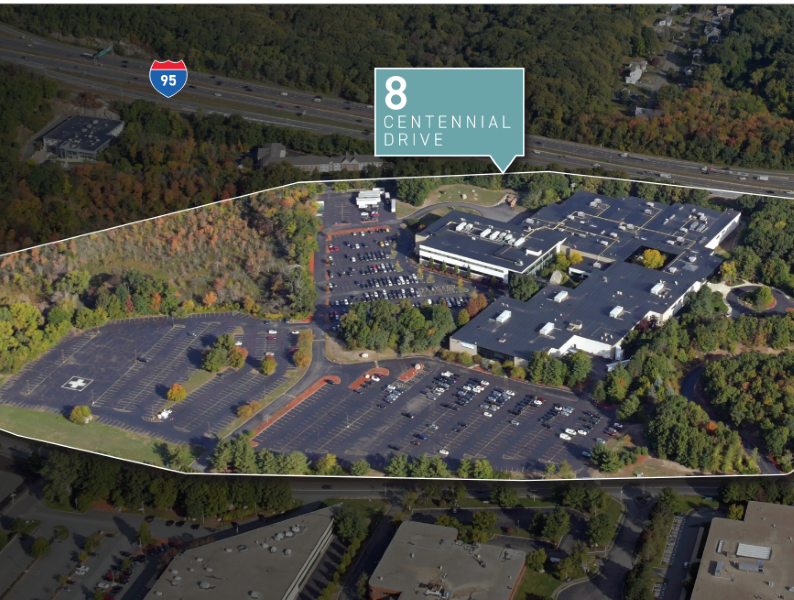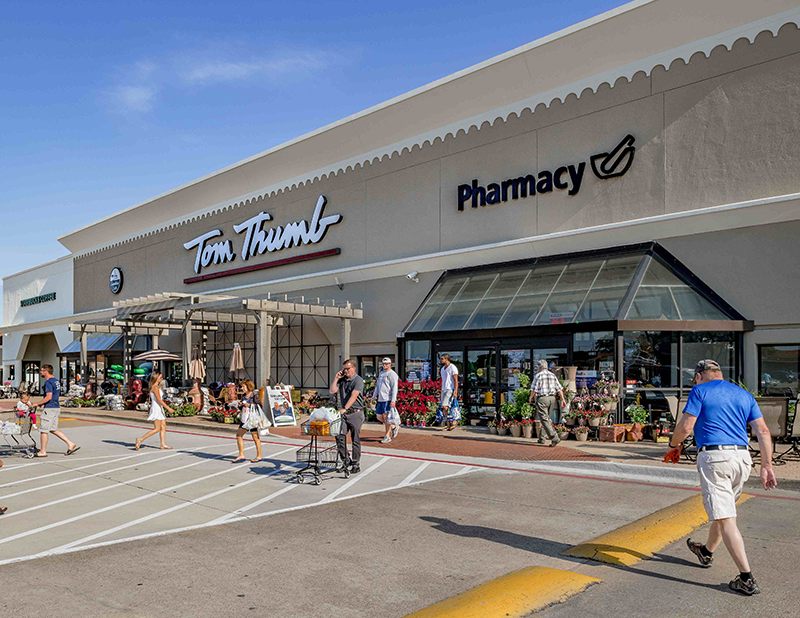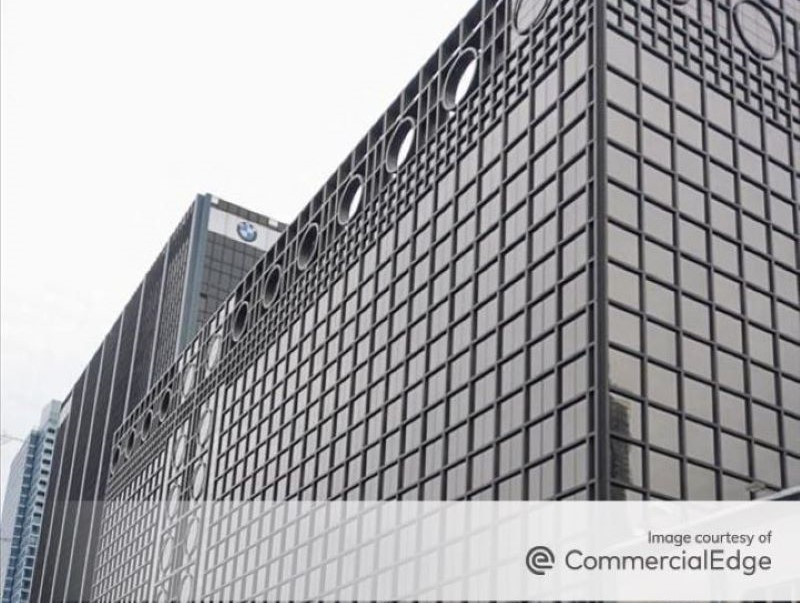Tishman Speyer JV to Redevelop Suburban Boston Property
Plans call for a logistics hub within a supply-constrained submarket.
Tishman Speyer and Mitsui Fudosan America have acquired a 60-acre, fully entitled development site from Analogic Corp. at 8 Centennial Drive in Peabody, Mass.

The site comprises a 515,000-square-foot office and manufacturing facility that Tishman Speyer and Mitsui Fudosan America intend to transform.
They want to redevelop the 40+ year-old site into a fully modernized industrial park with four warehouse buildings totaling approximately 700,000 square feet.
The Boston region’s 128 North submarket has extremely limited supply and a lack of developable land—not to mention higher-quality properties.
The Tishman-Mitsui plan
Tishman Speyer and Mitsui Fudosan America plan to develop four buildings ranging in size from 130,000 to 260,000 square feet.
Plans also include 700 parking spaces, 90 trailer storage stalls, and robust power.
This marks the third acquisition via the Tishman Speyer-Mitsui Fudosan America Logistics Venture, which was originally seeded by a $500 million commitment from MFA along with co-investment capital from Tishman Speyer.
In January, the partnership acquired a 32-acre development site in Irvine, Calif., with plans to develop another four industrial buildings. This followed the August 2023 purchase of a last-mile warehouse and distribution facility in San Francisco’s India Basin submarket.
Land-constrained markets are likely to fair better than those where overbuilding could lead to an over-supply, driving down lease rates, according to Damon Juha, partner & Real Estate Practice vice chair at Saul Ewing.
READ ALSO: Top 5 Emerging Industrial Markets in 2024
He told CPE, “Adding logistics centers in supply-constrained markets is not for the faint of heart, and there are only so many companies that can afford these facilities.”
Great location
Frank Petkunas, executive vice president & partner, Northeast Region, CRG, told Commercial Property Executive that the Northeast has become a more popular location for logistics because a lot of the big companies started to realize they could hit a majority of the Canadian population—Toronto, Ottawa and Montreal are all within a one-day drive—as well as serving the Boston market from within the triangular area of Boston, Hartford, Conn., and Providence, R.I.
Petkunas said there’s also been a shift in the power channel: first the manufacturers had power, then the retailers, then the e-commerce companies, and now the consumer.
“Consumers have so much choice; they can change brand loyalty in an instant,” he said. “The warehouses are there to make the consumers as happy as possible. Transportation costs and proximity to transit infrastructure and labor all matter, but population proximity is now the most important. Companies want to be near MSAs.”
Barriers to entry can be a challenge
Terry Lynch, SIOR, vice president, DarwinPW Realty/CORFAC International, told CPE that supply-constrained markets typically have additional barriers of entry.
“Lack of available land translates to identifying in-fill sites which tend to require additional capital for environmental clean-up along with extensive site work,” Lynch said.
“When these sites are located within city limits in major metropolitan areas, the lead time for the entitlement process can be extensive. Even if a site has appropriate underlying zoning, some municipalities require traffic studies, environmental impact studies, and numerous community meetings, which can result in ‘we don’t want semi-trucks in our neighborhood.’ These sites have access to population density that logistic companies desire, but local government officials lean on their constituents as they are the voting block that keep them in office.”
Everyone wants their Amazon delivery within a day, but no one wants the infrastructure that entails, according to Alex Olshansky, head of Investments at Zenith IOS.
He told CPE recent legislative efforts to curtail industrial development in New York City underscore the value of existing, well-located logistics properties.







You must be logged in to post a comment.